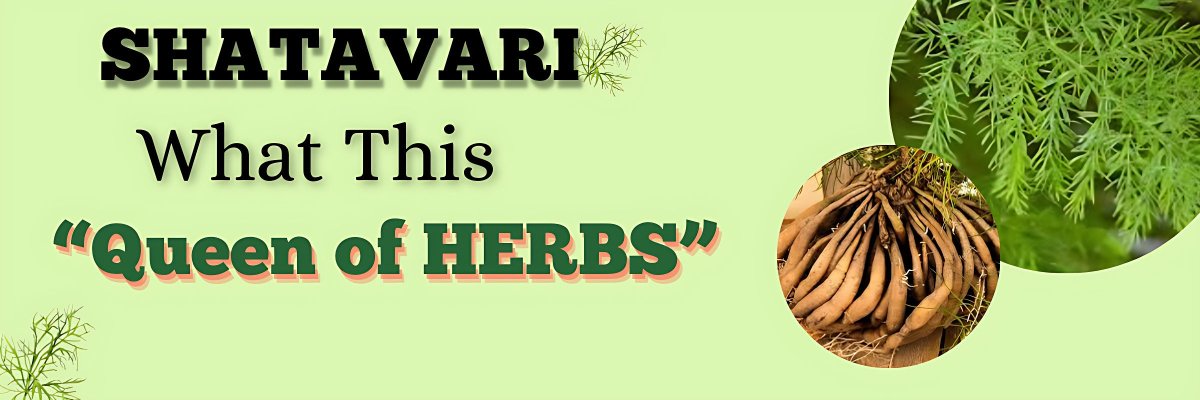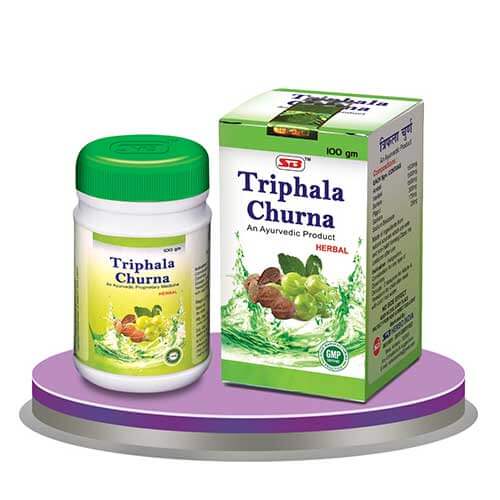Uses of Shatavari
Immune System Support :-
Shatavari contains bioactive compounds that can help strengthen the immune system and improve the body's defenses against infections.Anti-Inflammatory Properties :-
Shatavari's anti-inflammatory properties can help reduce inflammation and discomfort in conditions like pain and other inflammatory diseases.Stress and Anxiety Management :-
As an adaptogen, Shatavari can help the body adapt to stress and reduce stress-related symptoms. It may also have a mild calming effect and supports mental well-being.Respiratory Health :-
Shatavari is used in traditional medicine to manage respiratory problems like cough, bronchitis and asthma.Antioxidant Effects :-
Shatavari contains antioxidants that help protect cells from oxidative damage, reducing the risk of chronic diseases.Skin Health :-
Shatavari is used to improve skin health, relieve conditions like acne and eczema.Anti-aging :-
Shatavari is believed to have rejuvenating properties and is used to support overall vitality, slow the aging process and improve skin tone.Men's Health :-
Although Shatabari is primarily associated with women's health, it may also benefit men by supporting reproductive health and balancing hormones.
Shatavari Benefits
May help reduce the risk of heart disease by:-
Shatavari is a good source of folic acid, potassium and fiber, all of which may help reduce the risk of heart disease. Folic acid can reduce the risk of blood clots, potassium can help regulate blood pressure, and fiber can help lower cholesterol levels.May help reduce the risk of cancer by:-
Shatavari is a good source of antioxidants, which can help prevent the growth and spread of cancer cells. Specifically, Shatavari is a good source of flavonoid antioxidants, which may help reduce the risk of lung and colon cancer.May help control cholesterol levels by:-
Shatavari is a good source of fiber, which can help lower cholesterol levels. Fiber helps remove cholesterol from the body, which can reduce the risk of heart disease and other health problems.
Shatavari Side Effects
Digestive system problems:-
Shatavari is a good source of fiber, which can cause digestive problems such as gas, bloating and diarrhea.Allergic reactin :-
Shatavari can cause allergic reactions, including itching, rash, and difficulty breathing.
It is important to remember these points while eating shatavari:-
1. Avoid eating shatavari raw. It can cause intestinal problems.2. Eat shatavari in moderation. It can cause digestive problems.
3. Stop consuming shatavari if it causes you any side effects.












